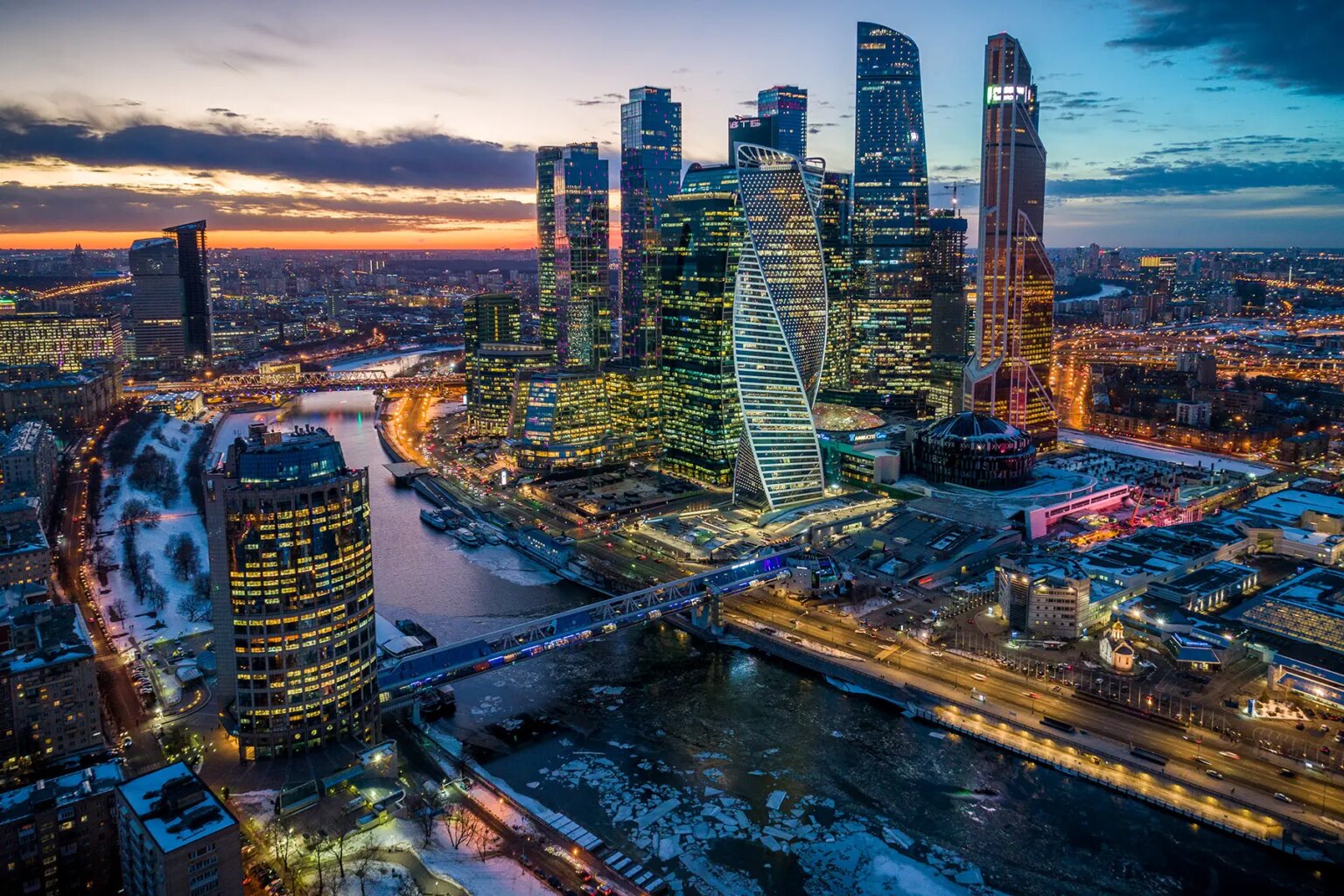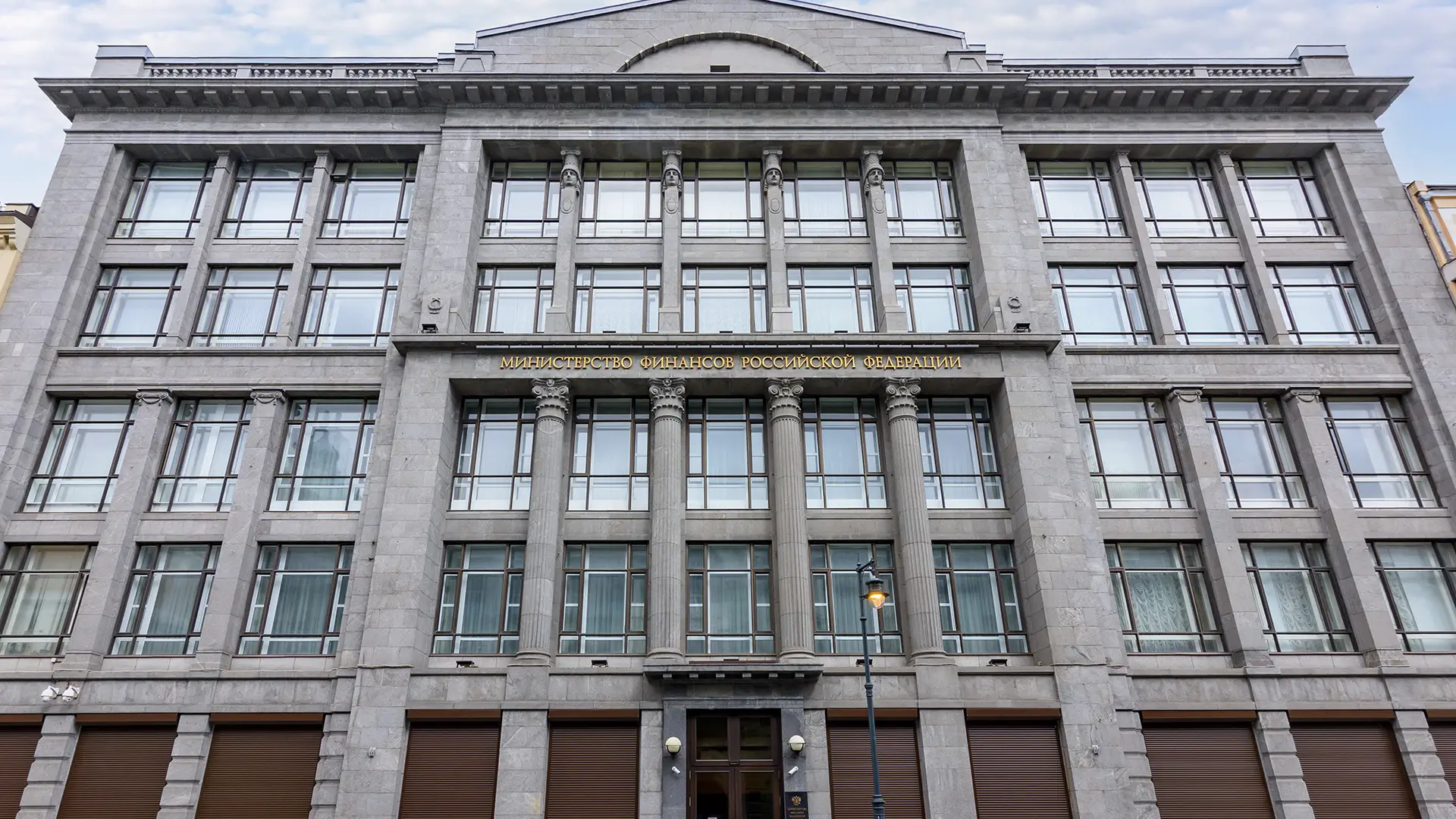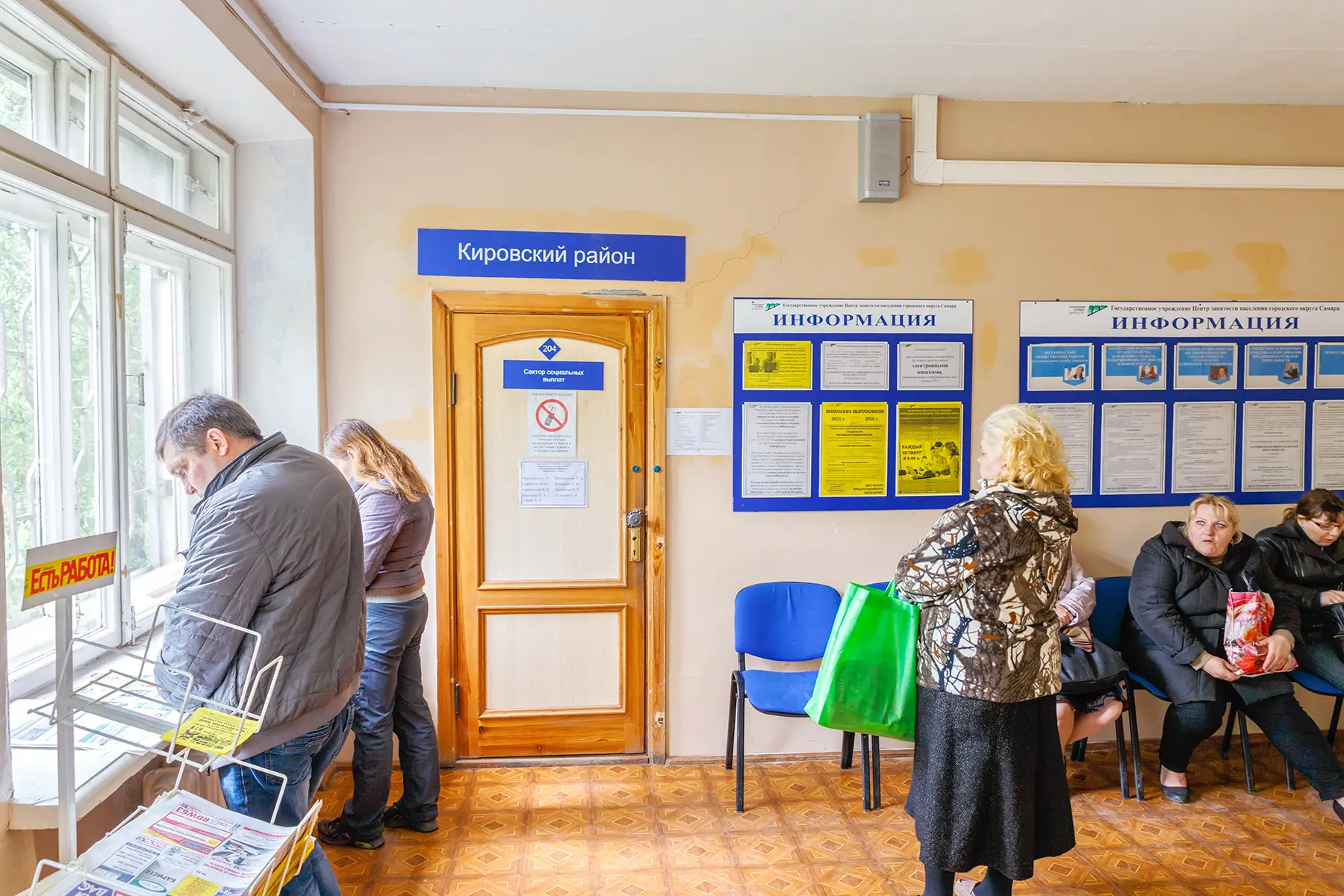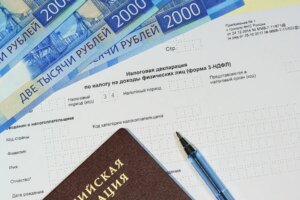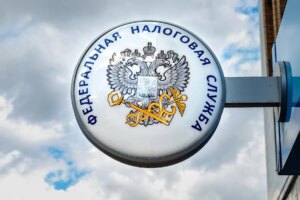Important notice from the Editor in Chief
Maintaining our Russian site is a delicate matter during the war. We have chosen to keep its content online to help our readers, but we cannot ensure that it is accurate and up to date. Our team endeavors to strike the right balance between giving information to those who need it, and respecting the gravity of the situation.
Corporate tax in Russia is a direct tax levied on any business profits. Profits are generally an organization’s revenue minus its expenses. In Russia, corporate tax is налог на прибыль организации (literally, tax on profit of an organization).
If you’re doing business in Russia, this guide explains the basics of corporate taxes in Russia under the Russian tax code. Sections include topics such as:
- The corporate tax system in Russia
- Who pays corporate tax in Russia?
- Corporate tax rates in Russia
- Russian corporate tax exemptions and credits
- VAT in Russia
- The corporate tax year in Russia
- How to file your corporate tax return in Russia
- Other types of business tax in Russia
- Social security contributions within Russia
- Corporate tax advice in Russia
- Useful resources
The corporate tax system in Russia
Russian legal entities pay tax on their worldwide income, although credit relief is available for any foreign taxes up to the amount that would have been due under Russian rules. Foreign entities pay tax on income from commercial activities in Russia and on passive income from Russian sources.
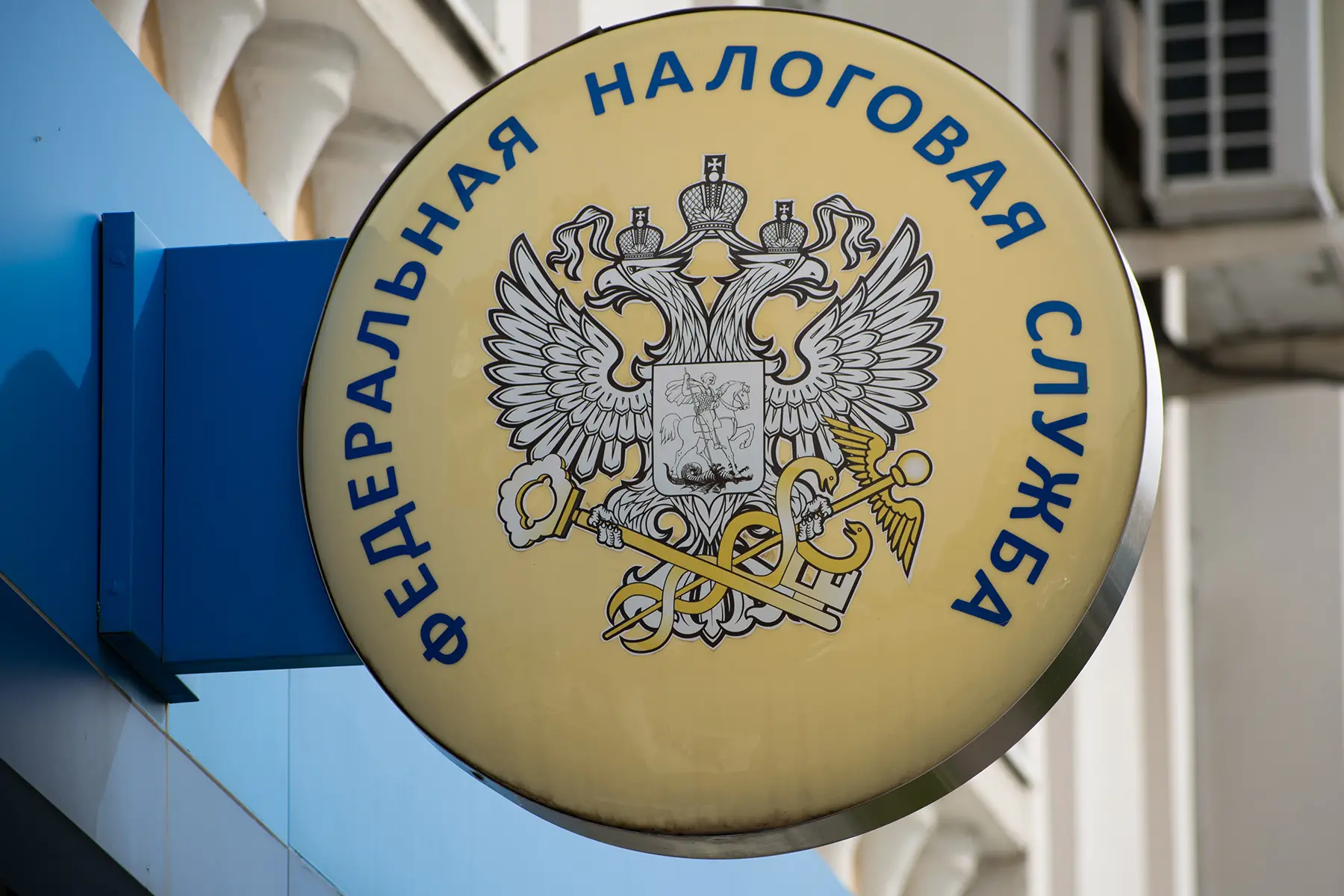
Corporate tax in Russia is the responsibility of the Federal Tax Service, which oversees the proper payment of all taxes and social insurance contributions. Taxes are levied at three levels: federal, regional, and local.
Federal taxes currently include the following:
- Value-added taxes (VAT)
- Excise taxes
- Corporate profits tax
- Individual income tax
- Mineral extraction tax
- State duty
- Special tax regimes
Corporate property, transportation, and gambling are taxed at the regional level. Meanwhile, local authorities handle land tax, individual property tax, and the trade levy.
Tax regimes
While general tax rules apply at the federal level in line with the Russian tax code, regional and local authorities regulate tax rates so as to provide local business incentives. Some regions offer incentives for investors, such as a lower rate of profit tax, exemption from property taxes under certain conditions, or other special relaxations. Many of these disparities are slowly being regulated as regional exceptions are brought in line with the federal tax code; by 2023, any other regional Russian corporate tax incentives will end, however.
Overall, there are five types of special tax regimes: single agriculture tax, simplified system of taxation, a single tax on imputed income from certain kinds of activity, taxation of production sharing agreements, and the patent system of taxation.
Russian corporate taxes are applicable to income and profits earned in Russia. Corporate tax rates vary depending on the business type and taxpayer status, whether as a resident or non-resident company. Certain Russian withholding taxes (WHT) are also exempt in certain situations under the Russian tax system.
Who pays corporate tax in Russia?
Corporate tax in Russia for sole traders
Russian authorities do not consider a sole trader as a legal entity, although you still need to be registered for taxation reasons. Businesses pay taxes under Russian income tax rules. Therefore, sole traders have an advantage when it comes to corporate tax in Russia: they do not have to present corporate tax reports.
In addition, Russian entrepreneurs have the possibility to opt for an alternative Russian tax system, such as a unified tax on accredited income, simplified taxation system, united agricultural tax or an individual tax system accessible for residents of particular economic zones.
Individuals setting up a business in Russia with sole ownership are responsible for their business’ debts with their own possessions – except the tools of the trade they need to make a living. The sole trader is thus entirely responsible for the actions of the business and has the permission to take all revenues and employ other team members.
Corporate tax in Russia for partnerships
Partnerships are known as joint activity agreements in Russia. They pay tax like any other company, while individual partners pay income tax on any personal earnings that result from the partnership’s economic activities.
Corporate tax in Russia for limited companies
Limited liability companies in Russia are called OOO (an abbreviation of общества с ограниченной ответственностью) and the tax rates generally depend on what kind of tax system the company chooses. There are several options, such as:
- General taxation system
- A single tax on assigned income
- Simplified tax system (for small businesses)
If you opt for the general taxation system, the company pays the following Russian corporate taxes:
- Basic rate of corporate income tax
- Tax on the company’s assets. The Russian Federation sets the rate which does not exceed 2% for individual properties. For the rest, the tax is based on its cadastral value and is 2.2%.
- Russian VAT
- Employees tax
By comparison, the single tax on credited income is generally exempt from income tax, property tax, and Russian VAT. Instead, Russian corporate taxes are paid as a flat tax not from real income, but from profits for each activity. This system is not available in all regions of Russia, however, and extends to certain activities defined by law.
In this particular system, businesses pay taxes at the end of each quarter. The single Russian corporate tax rate is 15% of the profit income. However, tax liabilities can lower to 7.5% at the behest of the municipal authorities.
Closed joint-stock corporate tax
In Russia, closed joint-stock companies are referred to as ZAO or ЗАО (Закрытое акционерное общество). Russian corporate tax rates are, in fact, similar to the tax systems applied to limited liability companies: a general taxation system, a single tax on assigned income, and a simplified tax system.
Corporate tax rates in Russia
As a standard, foreign companies that are a permanent entity and earn profits from Russian sources are liable to pay 20% of their earnings as corporate tax in Russia. This is a decrease from the 24% rate applicable about a decade ago, however, partly to encourage more corporations to pay tax.
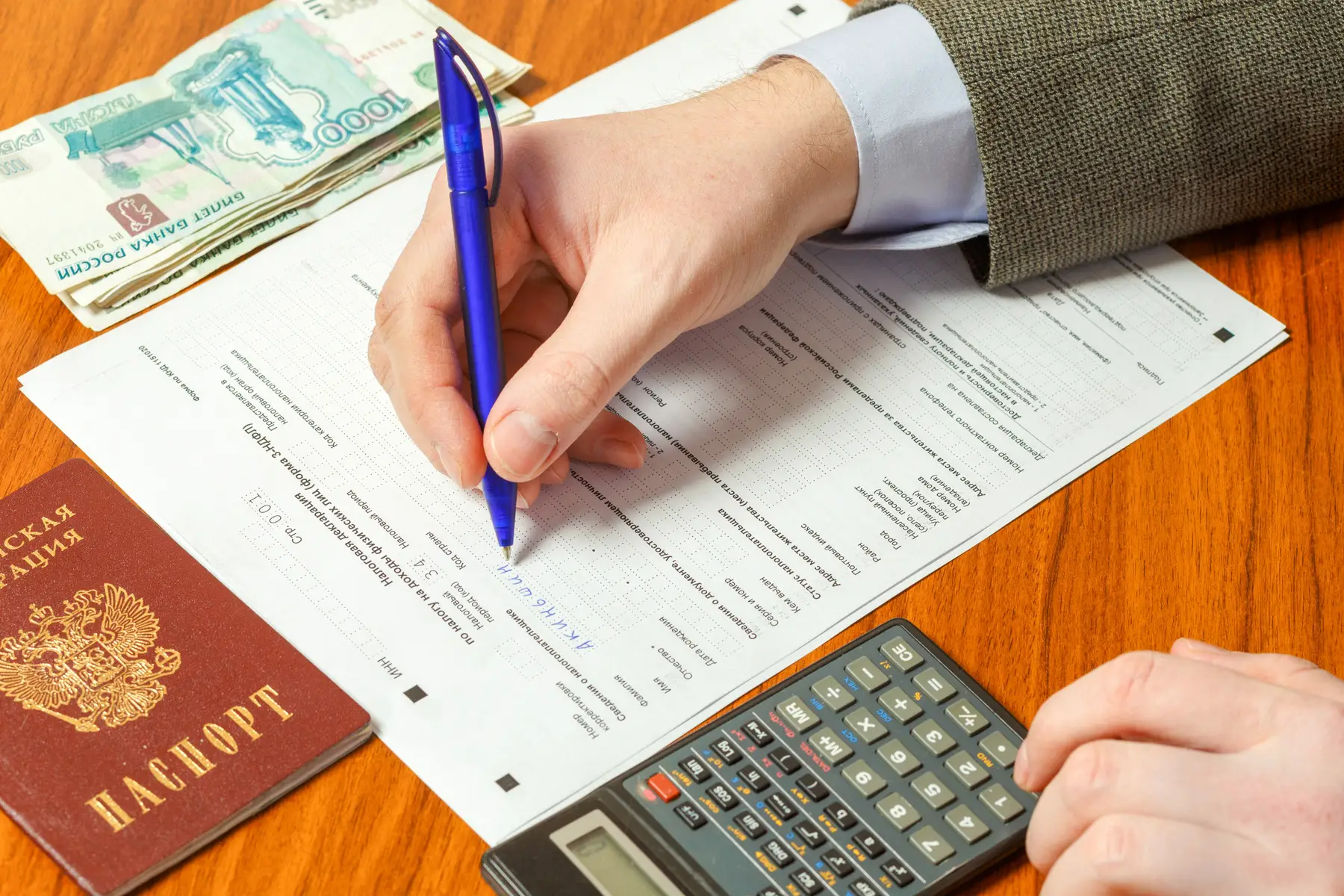
Non-residents are also subject to WHT at a rate of 10–20%. This depends on the type of income and the methods used to calculate the corporation’s tax liabilities. As of January 2021, Russia has 27 double taxation treaties (DTTs). This list could continue to expand to 71 DTTs as Russia comes into compliance with OECD standards.
Corporate tax in Russia is as follows until 2023: 3% goes to Russia’s federal budget and 17% goes to the region where the taxpayer is active. In practice, regional corporate taxes may go as low as 13.5%. Overall tax rates can, therefore, vary from 15.5% to 20%.
Taxpayers participating in investment projects in the Russian East Siberia and the further Far-Eastern regions can reduce the corporate profits tax rate for a certain stability period (down to 0% in certain cases). From 2024, 2% will go to the federal budget and 18% to regional budgets.
LawyersRussia.com offers a simplified tax calculator on its website.
Dividend taxes in Russia
Legal entities in Russia are liable to pay taxes on dividends from other legal entities at a flat rate of 13%. There are a number of participation exemptions, such as:
- when the recipient owns at least 50% of the capital of the entity making the payments or owns depository receipts entitling it to receive at least 50% of the total amount of dividends paid out, and;
- these shares or depository receipts that have been held for at least 365 calendar days on the date the dividends are declared.
Dividends from companies domiciled in tax offshore zones do not qualify for this tax exemption.
Taxes withheld at source on dividends from abroad may credit against Russian tax, however.
On the other hand, Russian businesses paying dividends to foreign legal entities are liable to pay the standard 15% tax rate. The tax should be withheld by the Russian legal entity paying dividends. The tax may lessen to between 5% to 10% in case of a relevant double taxation treaty.
Russian corporate tax exemptions and credits
Corporate tax exemptions in Russia
Certain kinds of organizations are exempt from paying corporate taxes in Russia. Organizations that have been conferred the status of research or commercial members of projects of the Skolkovo Innovation Center are allowed a 10-year exemption on Russian corporate taxes from the moment they acquire this status. Once the status is lost, the organizations lose their tax exemption.
Additionally, any earnings from games of chance are also exempt from corporate taxes in Russia, because they will already be taxed on these earnings.
From 2021, income from the sale of shares and participatory interest both in Russian and foreign entities may be exempt from taxation after a five-year ownership term.
Although not a complete exemption, Russian IT and technology companies can now benefit from significant tax reductions. If they meet certain criteria, technology companies may apply for a 3% corporate income tax rate and reduced social contributions.
Corporate tax deductions in Russia
Russian legal entities may deduct expenses on an accrual basis. Such expenses must be properly documented and aimed at generating income. They must also not be in the Russian tax code as non-deductible for tax purposes.
Typical deductions include things such as:
- Depreciation and amortization
- Goodwill in certain cases
- Interest expenses
- Bad debt
- Research and development (R&D) expenses
- Russian insurance premiums
- Fines and penalties to contractors
- Social contributions
- Net operating and capital losses
Corporate tax credits in Russia
Companies operating within the Federation can avail of a number of tax credits to offset their Russian corporate tax bill. It’s best to consult a qualified accountant regarding your business’s specific situation but here are just a few of the tax credits available:
- Regional or local incentives
- Investment tax credit
- Credits in special economic zones and advanced development zones
- Regional investment projects and special investment contracts
- Activities connected with Vladivostok free port and other specific projects
- Incentives related to R&D and IT activities
Small and medium-sized businesses can also avail of special tax schedules under Russian tax law. These include unified and simplified regimes, as well as a unified agricultural tax.
The Russian tax authorities revise these exemptions periodically, so it’s advisable to consult a tax expert to ensure compliance.
VAT in Russia
One of Russia’s most important taxes and one of the largest contributors to the Russian economy, VAT is levied by the central government and is payable to the federal budget. Russian VAT law covers how and where companies charge VAT.

The indirect tax has a standard rate but there can be reduced in certain cases, while some types of business may qualify for an exemption. In general, companies within Russia add VAT to their bills and return it to tax authorities.
Who pays VAT in Russia
Taxable operations are supplies of goods and services, the import and export of goods, e-services, property rights, and construction work for a taxpayer’s own needs. Financial and similar operations (e.g., insurance, loans, circulation of securities) are generally exempt from VAT. There are some other notable exemptions, such as the transfer of intellectual property rights for patents, software and trade secrets. In 2021, a VAT exemption applicable to software and databases transfers, including licensing, narrowed significantly. As a result, foreign software vendors on the Russian market will likely be subject to the standard VAT rate.
Foreign providers of electronic services such as internet advertising, web-hosting, the sale of e-books, and other online content must all register for VAT purposes when selling to Russian clients.
As of 2019, foreign companies providing electronic services to Russian customers must obtain VAT registration in Russia and pay VAT on their own.
Russian businesses may recover VAT on these and a number of other payments, including software development, consulting, legal, and marketing services (with some exceptions, however).
Russian VAT rates
As of 2019, the standard VAT tax rate is 20%. Reduced 10% and 0% VAT rates apply to certain goods, works, and services. VAT for the export of goods is 0%.
How to register for VAT
The minimum threshold for VAT taxes in Russia is 2 million ₽ for local companies supplying goods and services within the country – at which point they must register for and begin paying VAT. Others, such as import traders and foreign companies, must apply for a VAT number immediately after registering their business.
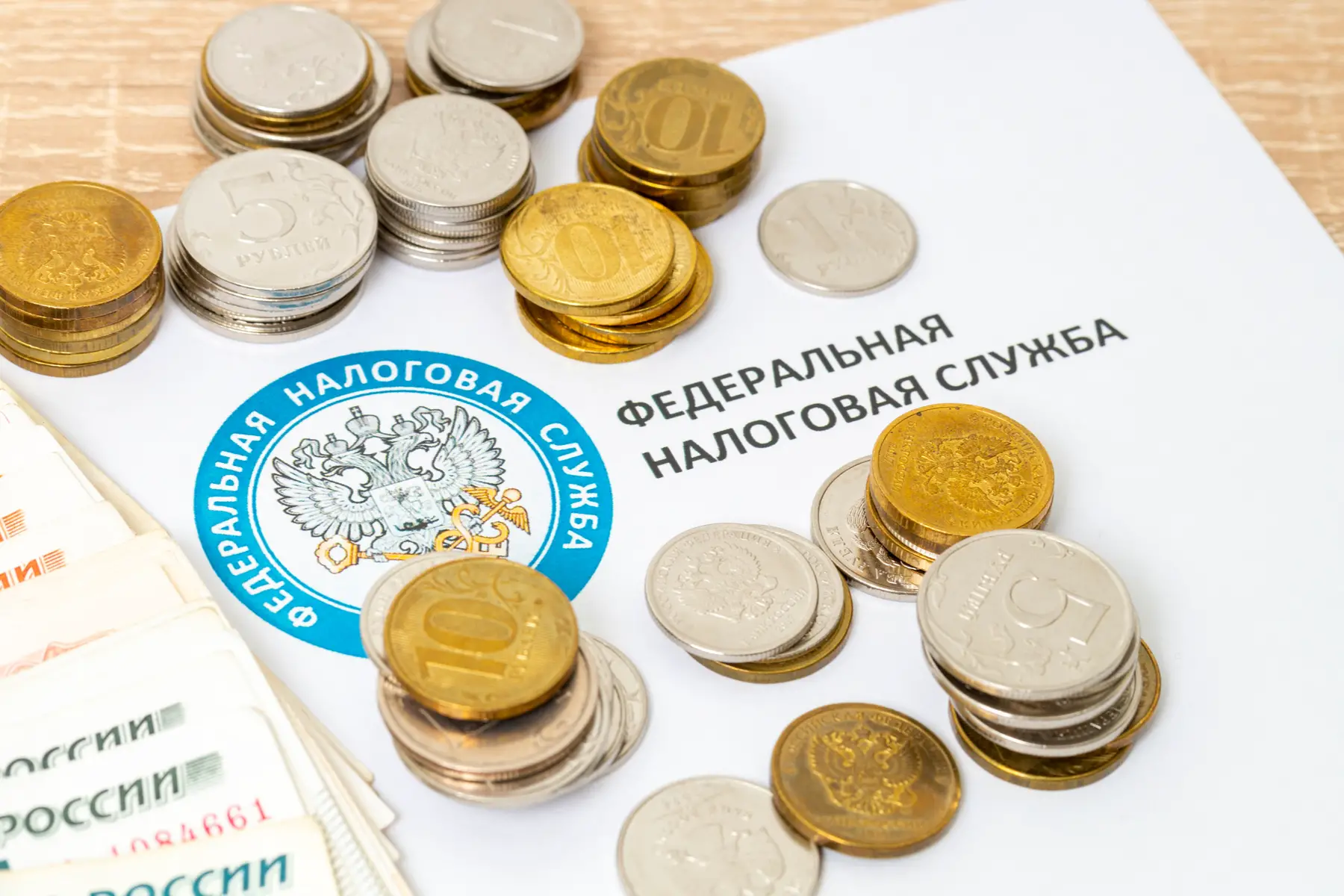
When registering for VAT, business owners must provide a range of documents, including:
- Registration details (certificate of incorporation)
- Proof of reaching the turnover threshold for local companies
Foreign companies must provide similar documents from the authorities in their home countries. It is important to note, however, that foreign businesses must appoint a local representative for tax and VAT registration.
VAT registrations are made at the Federal Tax Office. Organizations then receive their VAT numbers within a few days.
How to pay VAT in Russia
In Russia, VAT returns must be submitted to tax authorities either as physical printouts or electronically every quarter. They fall due on the 20th of the first month of the following quarter.
As of 2019, companies may file for VAT refunds after aggregate tax payments cross the 2 million ₽ mark.
VAT agents
If a foreign company without a presence in Russia (i.e., not registered with the Russian tax authorities) makes VAT-eligible sales, the tax agents will be required to calculate, withhold, and pay VAT on behalf of this company. In general, VAT tax agents could be goods or services purchasers registered in Russia or payment intermediaries registered in Russia.
Recovering VAT in Russia
A purchaser of taxable goods, works, or services has the right to recover input VAT in the full amount provided that necessary supporting documents are in place and the acquired goods, works, or services are intended for operations subject to VAT (irrespective of the actual output VAT accrued).
If acquired goods, works, or services are used for both taxable and non-taxable operations, input VAT is recoverable pro-rata. Internal controls for bona fide suppliers are a key element to support VAT deductibility. A three-year eligibility limitation should be taken into account in claiming expenses of past periods.
The corporate tax year in Russia
The corporate tax year in Russia is identical to the calendar year: January to December. An annual return is due by 28 March of the year following the close of the taxable year.
Companies make corporate tax payments based on actual results on a monthly or quarterly basis, with the final payment due by the 28 March deadline.
Before the 2021 tax year, companies were allowed to carry forward prior-year tax losses under the condition that only 50% of each annual profit tax base may be reduced each year. This stipulation has now expired, therefore, companies now have no limit on the amount of taxable profit that can be reduced by a loss.
How to file your corporate tax return in Russia
Russian corporate tax returns can be filed at a local tax office or online at the FTC website.
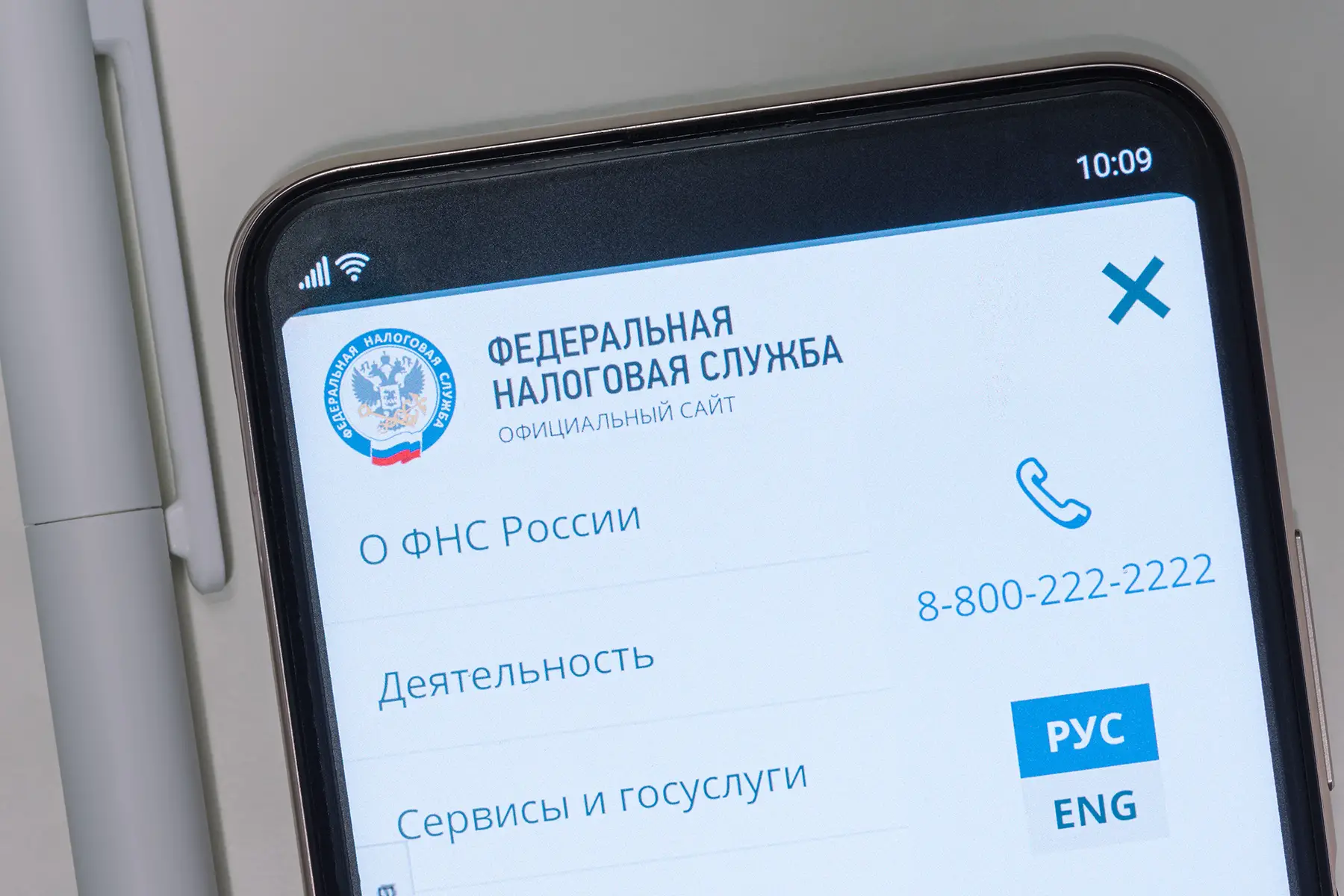
In addition, you can file your tax returns in person at special tax offices in Moscow and Saint Petersburg that cater to overseas businesses and expats and are manned by English-speaking staff.
Other types of business tax in Russia
Companies operating in Russia may be liable to pay a number of other taxes depending on the nature of their businesses. Among these taxes are the following:
- Customs processing fees
- Import duties on goods
- Excise duty
- Property tax
- Transport tax
- Mineral Resources Extraction Tax
- Environmental levy
- Trade levy
New rules apply to property tax calculations as of 2020. Therefore, it is advisable to consult a tax specialist.
Social security contributions within Russia
Russian employers are not eligible for payroll taxes but must pay social security contributions. The contributions add up to around 30%. These payments go to the federal budget, the State Pension Fund, the Social Insurance Fund, and Medical Insurance Fund. The following payments apply for all employees:
Social Insurance Fund: The first 912,000 ₽ of salary is taxed at 2.9%.
- Pension Fund: The first 1.2 million ₽ is taxed at 22%, and the excess at 10%.
- Medical Insurance Fund: 5.1% of the total salary.
Since April 2020, small- and medium-sized enterprises (SMEs) pay reduced social contributions rates (around 15%). This reduced rate applies to the number of salaries per month exceeding the minimum monthly wage.
Corporate tax advice in Russia
Applicable rates of corporate tax in Russia differ depending on where your business is located. The fluidity of the system, together with regional exceptions and deductions and the wide scope for interpretation, make it advisable for expatriate business owners to seek expert advice before determining the likely tax consequences and finalizing their returns.
